EDITOR’S DESK | Eid to the rescue
Eid has always been a special time in Sudan; children adorned in new clothes, their pockets inundated with sweets and high on sugar, parents in their respective blinding white Jalabiya and sparkling Tob, and monetary gifts given out left, right and center. The beginning of the day is the best part. Late breakfast with the family and whoever happens to be in the house at the time was not like any other breakfast. The Foul glistened with sesame oil, Ta’amiya, goat’s cheese, eggs, Mulah Ahmar and A’aseeda, and for those fortunate enough to afford it, lamb’s kidney cooked to perfection. There would also be a tray of Ka’ak (mouth-watering sugar-coated goodness) on a coffee table in the living room complicit of a diabetes epidemic, ready to be devoured.
The mood in the street would also change. The daily staring competitions between drivers would give way to more benevolent driving, hand gestures giving way to drivers, and the Raksha drivers blasting music from their over-sized speakers. The fruit and vegetable vendors would give more than usual. The scent of newly opened bottles of perfume would fill the air, families cramped in their cars would fill the streets on their way to visit friends and family. Even the donkey drawn carriages would look gleeful. The first day of Eid has no place for negativity, distress, or traffic police.
Eid has always had this hidden power to mask whatever tragedy had befallen a country, community or family. An ability to shed light on the good, and give the bad a day off. Much like the Hindu five-day festival of Diwali (festival of lights), and Burma’s Thingyan (water festival), Eid brought people together to celebrate being human, or anything else they had in common. Despite being a religious holiday Eid’s rituals are essentially cultural. The food served on that first breakfast after Ramadan were part of a country’s identity; A’aseeda in Sudan, chicken Tagine in Morocco, and Mesaka’a in Egypt. Food, in the Muslim world, is joy.
In some countries Eid is necessary. It’s a break, a breather, a respite from all the goings on, the ups and downs, of everyday life. It’s the light at the end of the tunnel, the hope that the 3 days today and 4 days in 70 days time don’t have to be like the remaining 358. It’s the last piece of toilet paper, the last Coke in the fridge, the cold side of the pillow. It’s the Hilu in the Mur. And by God did Sudan need a Eid.
The floods in Sudan during the last couple of weeks have claimed the lives of too many and have injured too many more, destroyed houses, closed down roads and bridges, and caused a havoc. Havoc, mind you, that should have been confined to the 1980’s when a lack of infrastructure was excusable. Today though, the government has failed yet again to maintain a much-needed peace and stability in people’s lives. The lack of infrastructure is what’s to blame for the destruction caused by the foods, and by infrastructure I mean government. Now Eid has to step in and make amends, it has to placate the wounded and affected. Eid would in fact be doing the government’s job.
Eid Mubarak.

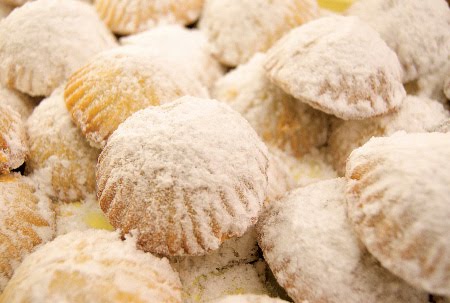
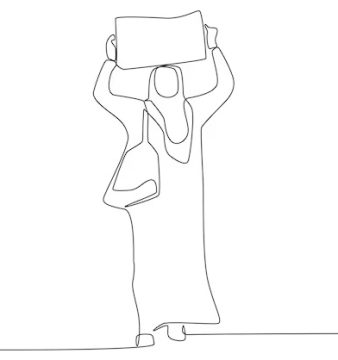
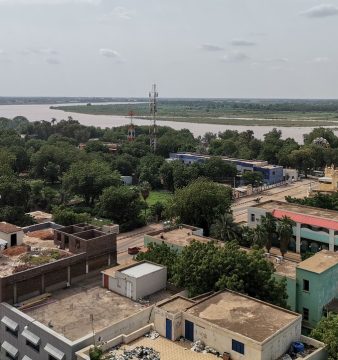
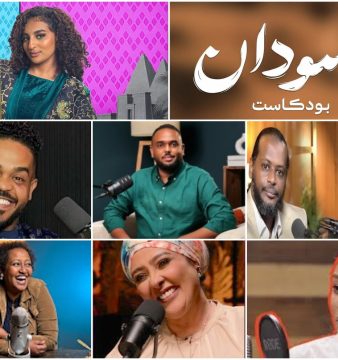
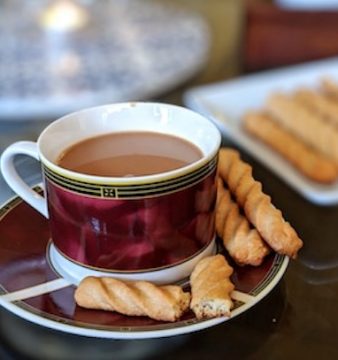
Firstly, Eid Mubarak. Secondly, by far the best article that described the ‘good’ in Sudan and the beautiful spirit of Eid. Thanks for the emotion-filled post.